Herod, Pharisees and Jesus Part 2- Guide 3
KEY CONCEPT: “Many families hope to protect their children from radical ideas by walling off the secular world—supervising what books they read, what movies they see, what music they listen to. But secular worldviews do not come neatly labeled so we can easily recognize them. Instead they mutate into forms that we hardly recognize, becoming part of the very air we breathe. The most powerful worldviews are the ones we absorb without knowing it. They are the ideas nobody talks about—the assumptions we pick up almost by osmosis” (Phil Manginelli)
GROUP DISCUSSION QUESTION:
Were you raised like this? How were you raised to understand the world around you?
What worldview has impacted you the most?
SCRIPTURE READING: Read Matthew 8:11-21
READ SUMMARY:
“When Jesus speaks of Herod (biblically, there are so many of them we get easily confused), he is referencing Herod Antipas, who was the ruler of Judea during the life and ministry of Jesus. While Jesus directly names Herod, he wasn’t speaking specifically to a single man, but what this man represented: the compromise of giving into the spirit of the culture of an age that results in dualistic identities. This process mashes together all the varying religious and cultural beliefs to a personal spiritual cocktail, perfectly curated to our liking. The yeast of Herod is the spirit of the age. It is the cultural beliefs created in the hands of men. For us, this is the beliefs and ideology of our secular age. When Jesus spoke of the Pharisees, he was talking about a religious community that was the most active institution of the Jewish people before, during, and after his life on earth. The Pharisees weren’t the only religious sect of ancient Judaism, but they were the majority alongside the Sadducees, Zealots, Essenes, and others. While the Sadducees held authority over the temple, the Pharisees managed the synagogues scattered throughout the Jewish world. Again, when Jesus says this phrase, he’s not speaking to the belief system of a single community, but of a religious identity devoid of proper understanding. It’s the hardness of the heart that sees religion as an enterprise of self-righteousness and proclaiming legalistic perfection as the only way of knowing God. The yeast of the Pharisees is the spirit of religion” (Phil, Manginelli, 33-34).
DISCUSSION (10-15 minutes: Allow each group member to choose one of the these questions to respond to)
Now that you have a greater understanding of the yeast of Herod, what are some examples in our cultural moment that reveal the false allegiances of our culture around us?
Is there anywhere you recognize your worldview is out of alignment with the Worldview of Jesus?
ENCOUNTER TIME - Set the atmosphere to respond to God. Create space to confess, repent and pray for one another.
Ask Holy Spirit to reveal any false allegiances in your heart. If there are any, repent and pray through exchanging those false allegiances for exclusive allegiance to Jesus.
